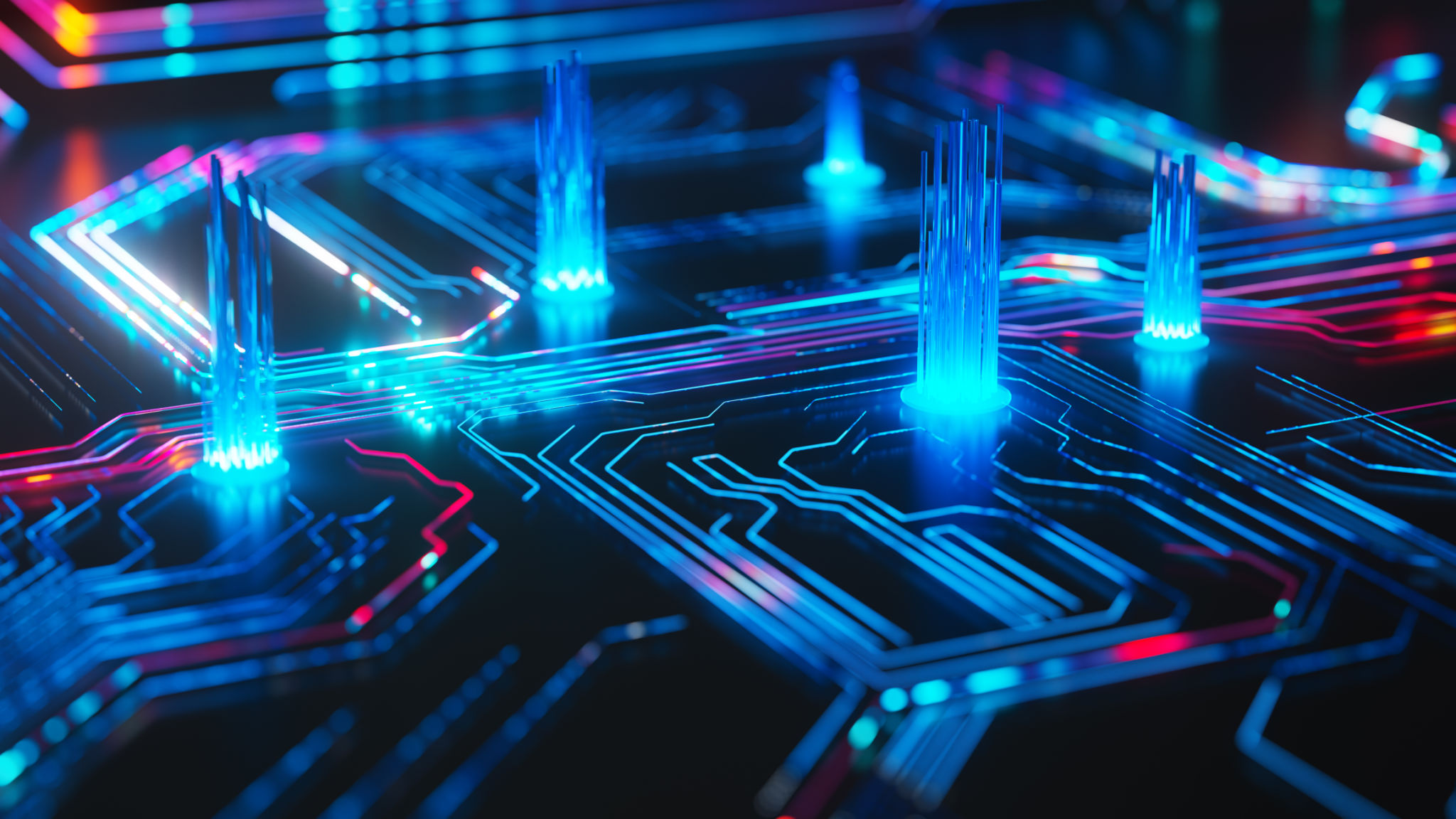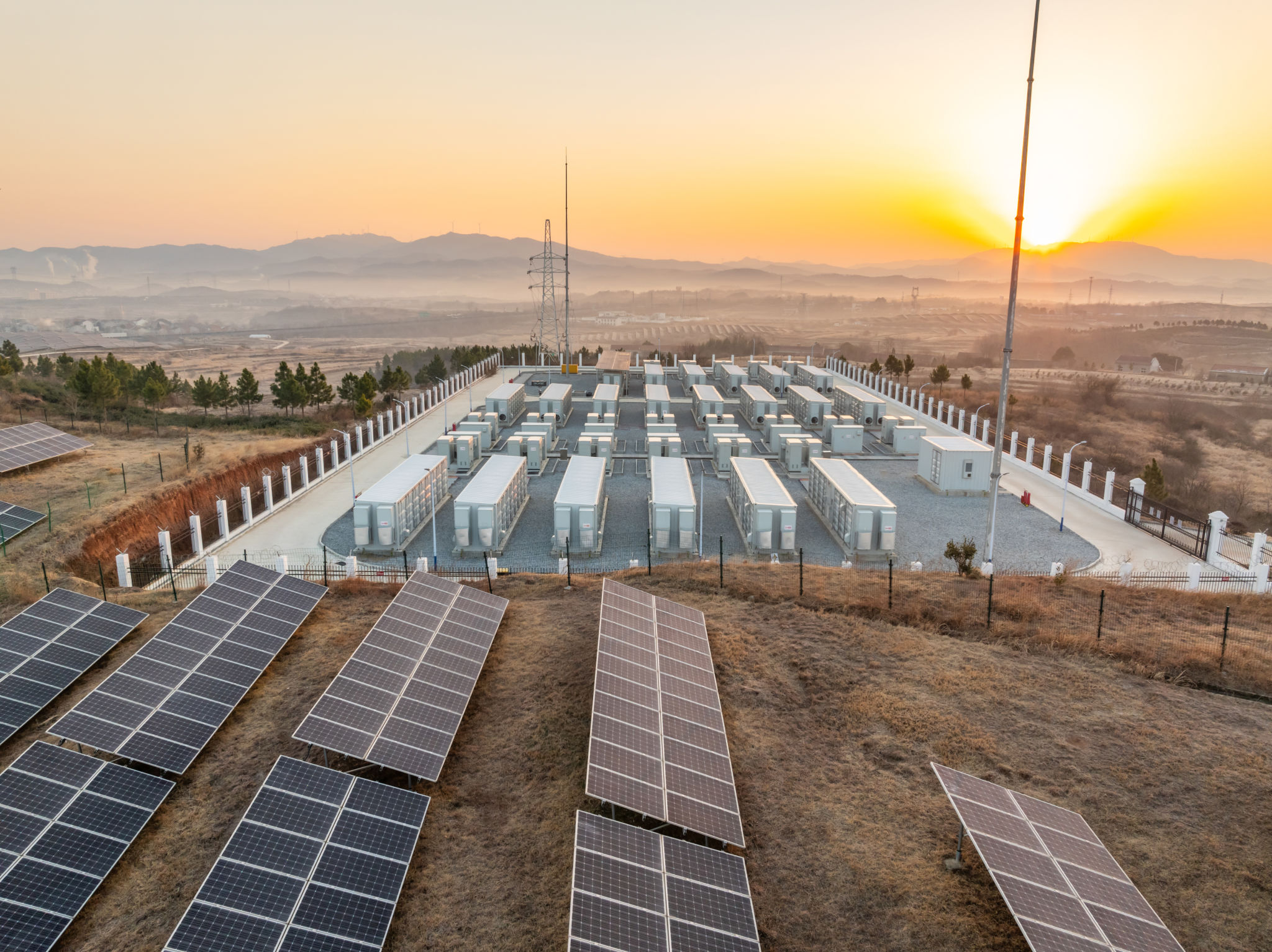Harnessing AI for Smarter Energy Efficiency Solutions
Introduction to AI in Energy Efficiency
In today's rapidly evolving technological landscape, the integration of Artificial Intelligence (AI) into energy efficiency solutions is revolutionizing how we consume and manage energy. As businesses and homeowners alike seek to reduce their carbon footprints and lower energy costs, AI presents a sophisticated approach to optimizing energy usage. This blog post explores how AI is transforming energy efficiency, offering smarter solutions for a sustainable future.

The Role of AI in Energy Management
AI technology is at the forefront of energy management, offering tools and systems that can analyze and predict energy consumption patterns. By leveraging machine learning algorithms, AI can process vast amounts of data to identify trends and anomalies in energy usage. This capability enables businesses to make informed decisions about where and how to allocate resources for maximum efficiency.
Predictive Analytics for Energy Consumption
One of the standout features of AI in energy efficiency is predictive analytics. By analyzing historical data, AI can forecast future energy demands and adjust systems accordingly. This proactive approach ensures that energy is used more efficiently, reducing waste and cutting costs. Businesses can benefit from these insights by planning their energy usage around peak and off-peak times, maximizing savings.

Smart Grids and AI Integration
The concept of smart grids is gaining traction as an effective way to enhance energy efficiency. These grids utilize AI to monitor and manage the distribution of electricity more effectively. By integrating AI, smart grids can dynamically adjust to changes in energy demand, improving reliability and reducing operational costs. The real-time data provided by AI enables quick responses to any disruptions in the supply chain.
AI-Driven Energy Storage Solutions
Energy storage is another area where AI is making significant strides. By optimizing the storage and release of energy, AI algorithms ensure that surplus energy is stored during periods of low demand and released during peak times. This not only improves the efficiency of renewable energy sources like solar and wind but also helps stabilize the grid.

AI in Smart Buildings
The integration of AI into building management systems is transforming them into smart buildings, leading to better energy efficiency. AI-powered systems can control lighting, heating, and cooling based on occupancy and external weather conditions. This adaptability results in reduced energy waste and improved comfort for occupants.
Automated Energy Auditing
Traditionally, energy audits have been labor-intensive and time-consuming. However, with AI, automated energy auditing becomes possible. These audits provide detailed insights into energy consumption patterns, highlighting areas where improvements can be made. This automation not only saves time but also ensures that audits are more accurate and comprehensive.
Conclusion: A Sustainable Future with AI
Harnessing AI for smarter energy efficiency solutions is no longer a futuristic concept; it is a reality that is reshaping how we think about energy consumption. By reducing waste, optimizing systems, and providing valuable insights, AI is playing a crucial role in creating a more sustainable and eco-friendly future. As technology continues to advance, the potential for even greater efficiencies in energy management is vast, promising smarter solutions for generations to come.

